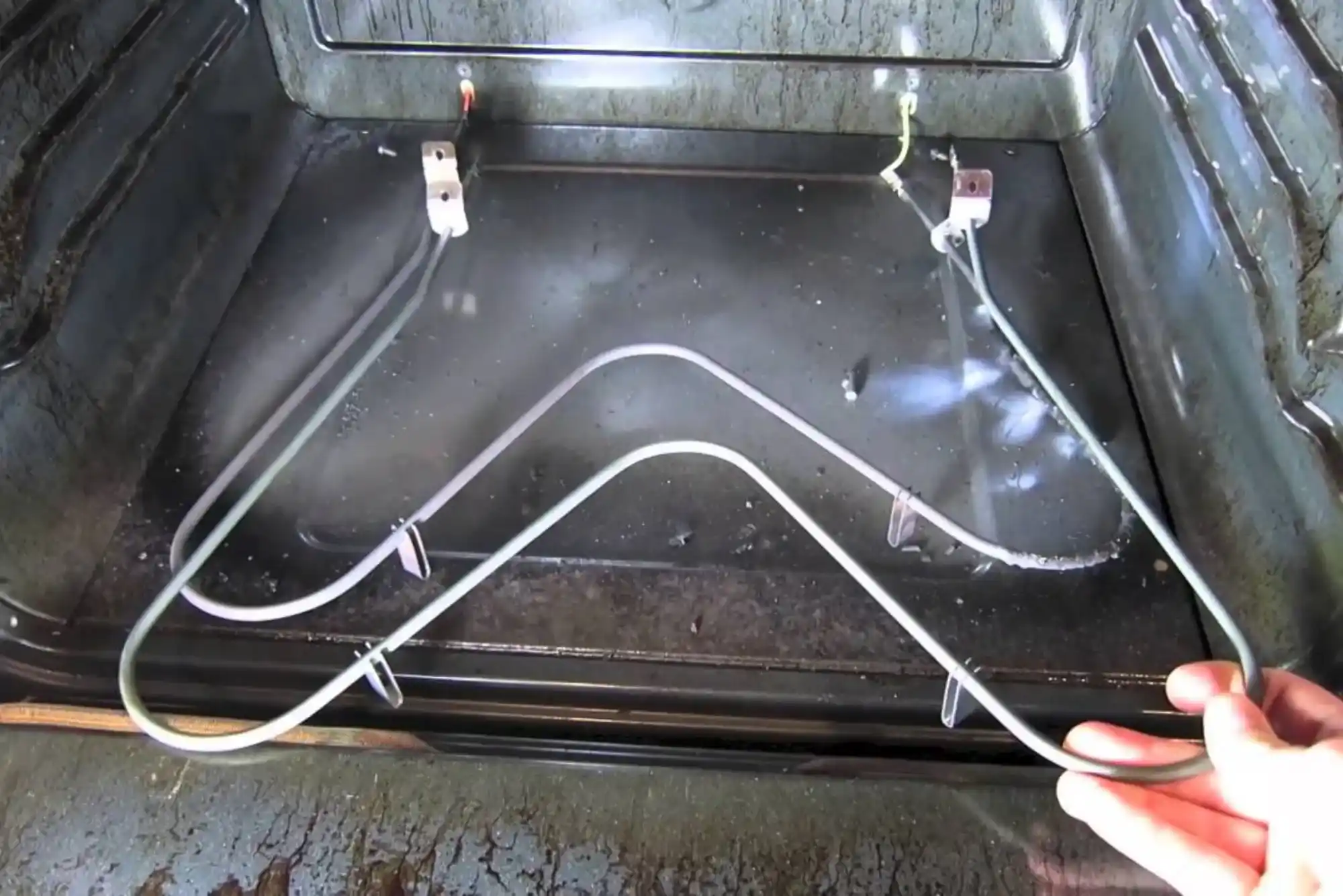Introduction
In organic chemistry, precision is everything. Whether you’re working in a research lab or an industrial synthesis unit, each reagent must serve a specific function. Among the frequently discussed topics is “can you use copper sulfate pentahydrate for Ellman’s condensation?” This guide explores that very question — diving into reaction mechanisms, compatibility, and the real-world practicality of using copper sulfate pentahydrate in such reactions.
What Is Ellman’s Condensation?
Ellman’s condensation refers to a specific organic reaction often used to form carbon-nitrogen bonds. It typically involves the reaction between aldehydes and thiol compounds, aided by various catalysts or oxidants to enhance the reaction rate and yield. The Ellman reagent, commonly known as 5,5′-dithiobis(2-nitrobenzoic acid) (DTNB), is used in assays for detecting free sulfhydryl groups in molecules.
However, in the context of synthetic organic chemistry, “Ellman-type” reactions can also refer to sulfur-based condensation reactions, including asymmetric sulfoxidation or enamine formation, where the sulfur or nitrogen components play a critical role.
What Is Copper Sulfate Pentahydrate?
Copper sulfate pentahydrate (CuSO₄·5H₂O) is a blue crystalline solid widely used in chemistry labs. It’s commonly employed as:
-
A mild oxidizing agent
-
A catalyst in organic transformations
-
A drying agent in some reactions
It offers both Lewis acid properties and redox capabilities, making it a flexible reagent in organic synthesis.
Can You Use Copper Sulfate Pentahydrate for Ellman’s Condensation?
The direct answer is: it depends on the variant of Ellman’s condensation you’re referring to.
In Classic DTNB-Based Assays
No, copper sulfate pentahydrate is not typically used. These colorimetric assays rely on the formation of a yellow chromophore when DTNB reacts with free thiol groups. The reaction is specific and does not require copper ions, and introducing them could potentially interfere with the assay.
In Sulfur-Based Condensation Reactions
Yes, copper sulfate pentahydrate can be used in some sulfur-related condensation reactions, especially when oxidation or mild Lewis acid catalysis is needed. These reactions often involve the oxidative coupling of thiols or the activation of carbonyl groups.
Why Use Copper Sulfate Pentahydrate?
As a Catalyst
Copper ions serve as Lewis acids, stabilizing intermediates during nucleophilic addition reactions. In a condensation context, this helps facilitate the interaction between aldehydes and thiols or amines.
As an Oxidant
Copper sulfate is sometimes used to oxidize thiols to disulfides, a common transformation in sulfur-based reactions. This oxidation can form intermediates useful for subsequent condensation steps.
Cost-Effective & Easily Available
Unlike exotic or air-sensitive metal catalysts, copper sulfate pentahydrate is inexpensive and stable under ambient conditions, making it ideal for academic and industrial labs alike.
Reaction Pathways: A Closer Look
Depending on the structure of the reactants, copper sulfate pentahydrate can help drive the reaction via different pathways:
With Aldehydes and Amines
Copper can activate the carbonyl group of aldehydes, making them more electrophilic. This improves the yield of imine formation, a key step in many condensation reactions.
With Thiols
In some cases, thiols need to be oxidized to disulfides or sulfenic acids before participating in further reactions. Copper(II) ions from copper sulfate facilitate this transformation efficiently.
With Sulfoxide Precursors
For Ellman-type reactions involving sulfoxide intermediates, copper can help regulate the oxidation state during the transformation, offering stereoselectivity in some asymmetric variants.
Literature Evidence and Case Studies
A few research articles point to the successful use of copper salts in organic condensations:
-
Journal of Organic Chemistry (2017) reported using copper sulfate in the oxidative coupling of thiols to produce disulfides, which were later involved in condensation reactions.
-
In a Tetrahedron Letters study, copper sulfate was shown to activate aldehydes for nucleophilic additions, particularly in nitrogen-sulfur chemistry.
Although copper sulfate pentahydrate is not a universal reagent for all types of Ellman’s reactions, its role in certain sulfur- and nitrogen-based condensations is proven.
Limitations and Considerations
While promising, copper sulfate pentahydrate has some caveats:
-
Limited Selectivity: Overoxidation can occur, especially with sensitive thiol compounds.
-
Moisture Sensitivity: Though stable, it can absorb excess water, affecting precision.
-
Reaction Compatibility: Not all substrates respond well to copper salts, especially those prone to redox side reactions.
FAQs
Can copper sulfate pentahydrate replace Ellman’s reagent?
No. Ellman’s reagent (DTNB) is specific for colorimetric assays involving sulfhydryl groups. Copper sulfate cannot produce the same measurable color change.
What role does copper play in organic reactions?
Copper acts as both a Lewis acid and a redox catalyst, facilitating bond formations, oxidations, and substitutions in organic synthesis.
Are there alternatives to copper sulfate for condensation reactions?
Yes. Alternatives include zinc chloride, aluminum chloride, or organocatalysts, depending on the desired reaction conditions and substrate sensitivity.
Can copper sulfate be used in peptide synthesis or bioconjugation?
Rarely. Most bioconjugation methods avoid copper salts due to potential side reactions and protein denaturation.
So, can you use copper sulfate pentahydrate for Ellman’s condensation?
-
In standard Ellman’s assays? No.
-
In broader sulfur-based condensation or oxidation-driven syntheses? Yes, with control and consideration.
This reagent is a versatile option in sulfur- and nitrogen-related organic chemistry, especially when oxidation or carbonyl activation is involved. However, careful experimental design is necessary to avoid side reactions or interference with sensitive compounds.
If you’re venturing into organic synthesis and exploring alternatives for sulfur-based condensation reactions, copper sulfate pentahydrate is worth testing in controlled experiments. But always validate your results and consider modern catalytic systems as well.
For more advanced chemistry guides, tech insights, or to take a break and explore something lighter, check out Travels Flax — because every chemist deserves a break!




